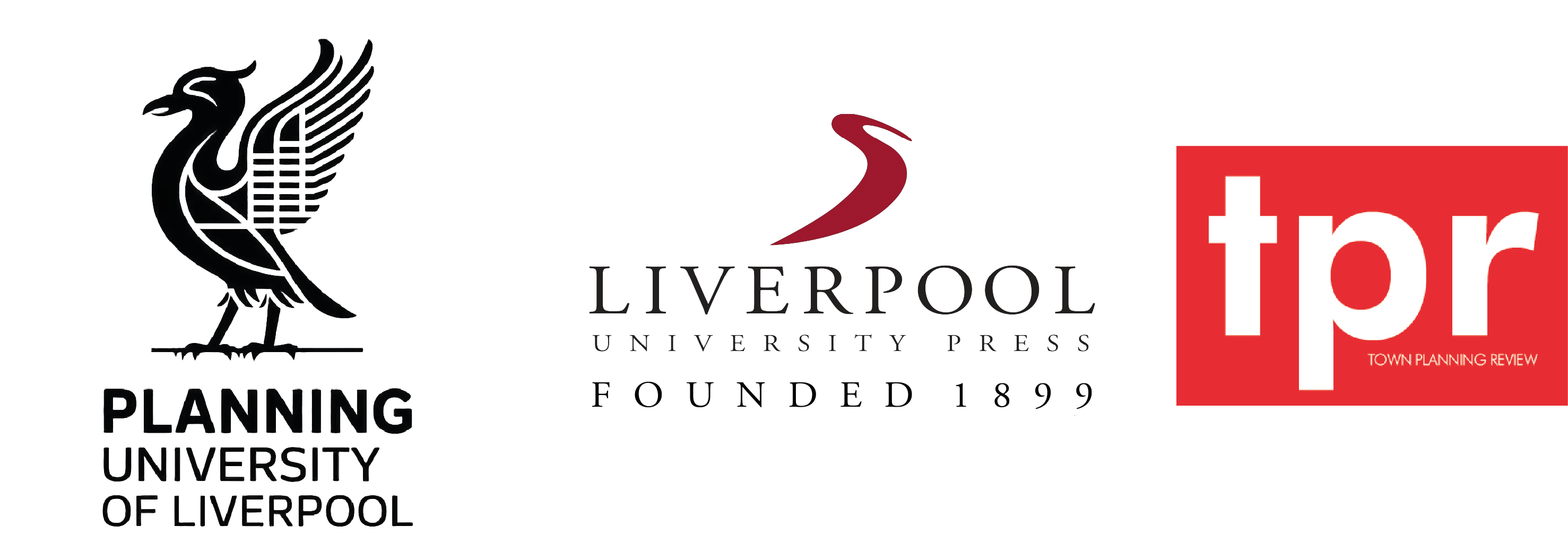LOC
The members of the Local Organising Committee of the Heads of Schools Meeting 2025 Liverpool, UK
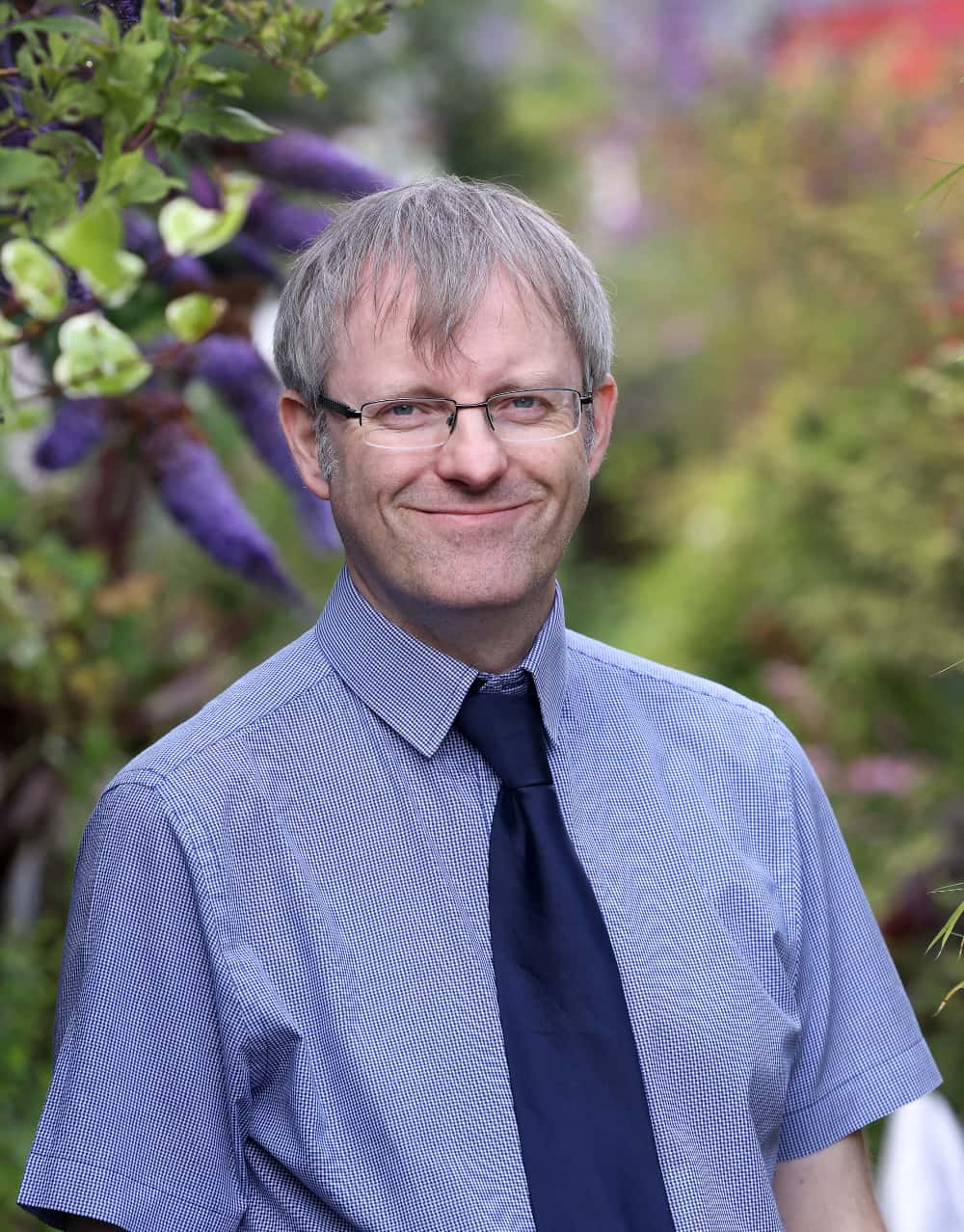
Olivier Sykes
Olivier Sykes is the Discipline Lead for Planning at the University of Liverpool and Editor in Chief of Transactions of AESOP. His research and teaching focus on the international and comparative dimensions of urban and territorial planning and related fields of urban and regional policy. His PhD thesis (Liverpool, 2004) examined the application of the European Spatial Development Perspective in selected planning systems in the EU. His recent book International Planning Studies: an introduction (2023) with David Shaw and Brian Webb provides a comprehensive overview of the international contexts for and dimensions of planning.
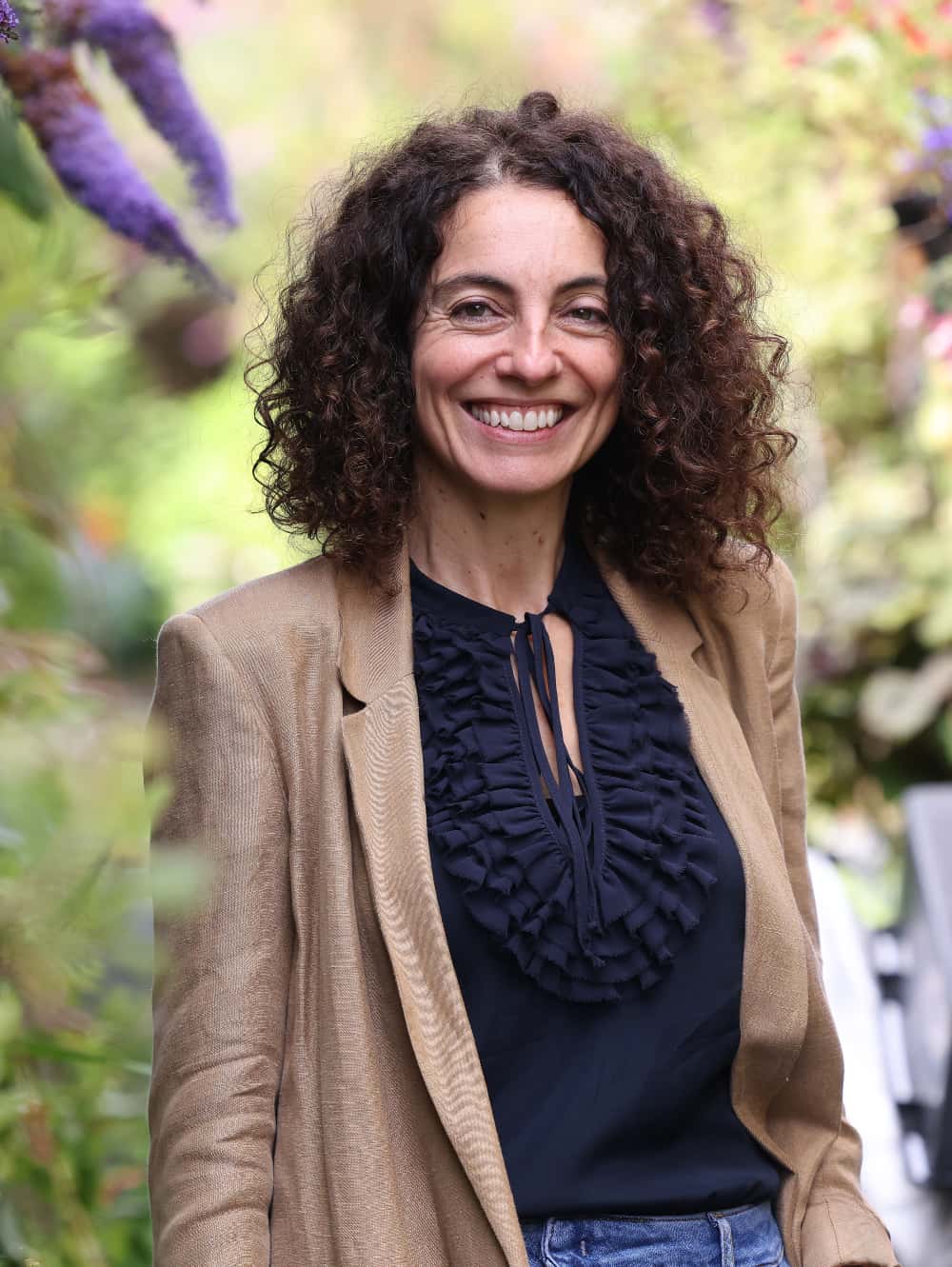
Manuela Madeddu
Manuela Madeddu is the Programme Director of the MCD Urban Design and Planning at Liverpool. She qualified as an architect at the Politecnico di Torino and completed a PhD in Town Planning and Local Development at the same university. This focussed on public engagement in pursuit of sustainable development through in the UK. Her research focuses on cultural aspects of urban design and urban regulation and her teaching and research aims to bring together perspectives from architecture, urban design and urban planning. She is co-author (2021) of Feng Shui and the City – The private and public spaces of Chinese geomancy.
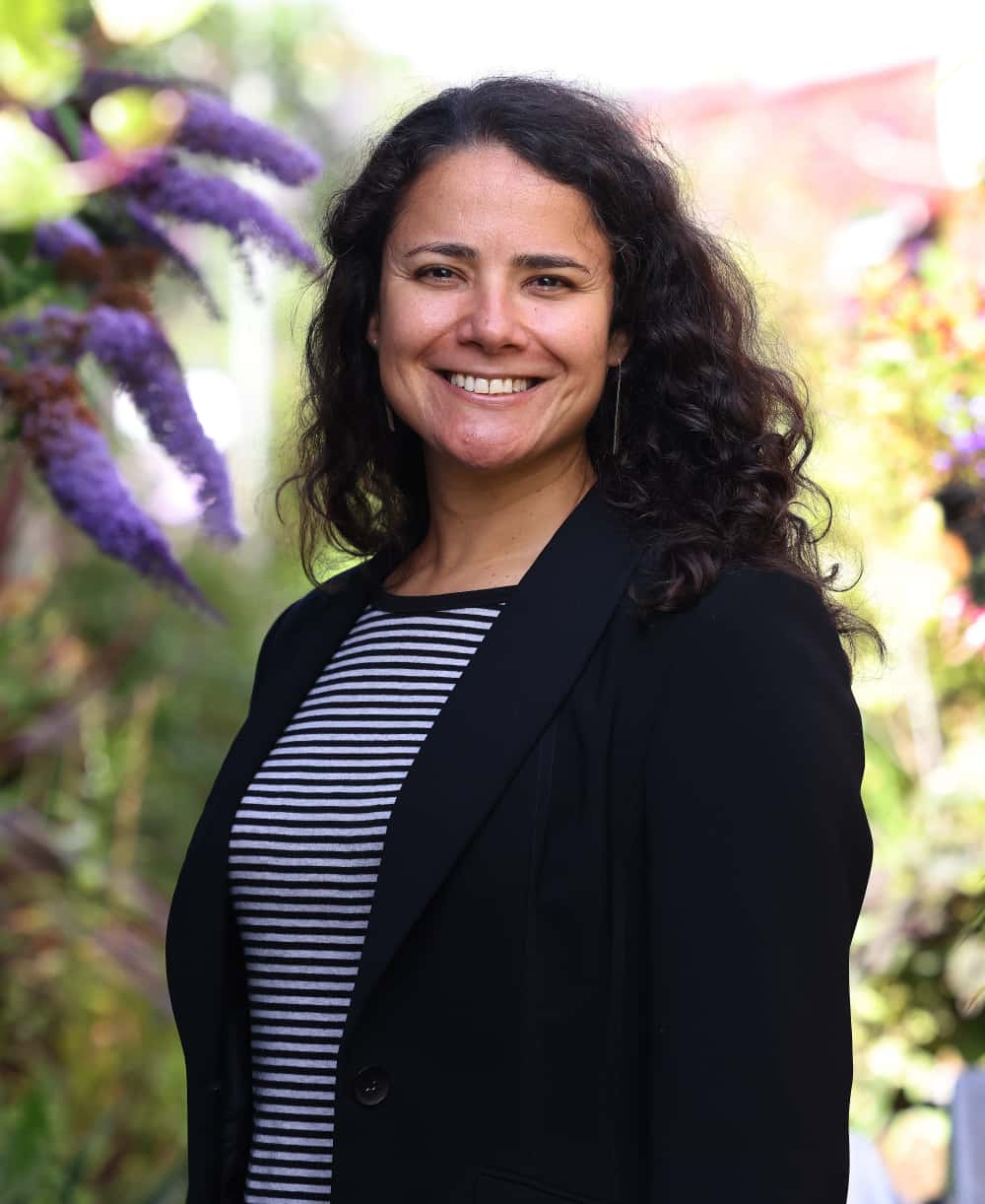
Tatiana Moreira de Souza
Tatiana Moreira de Souza is the Director of Undergraduate Programmes in planning at Liverpool. Her research interests span urban regeneration, neighbourhood change, neighbourhood and community, and housing policy. Her research has focussed on how residents interact in neighbourhoods that have undergone urban regeneration, on social mix policies and the governance of diversity, and on rental housing, particularly security of tenure and the regulation of short- and long-term rental housing. She has taught urban and international planning, urban regeneration, housing, and urban design modules.
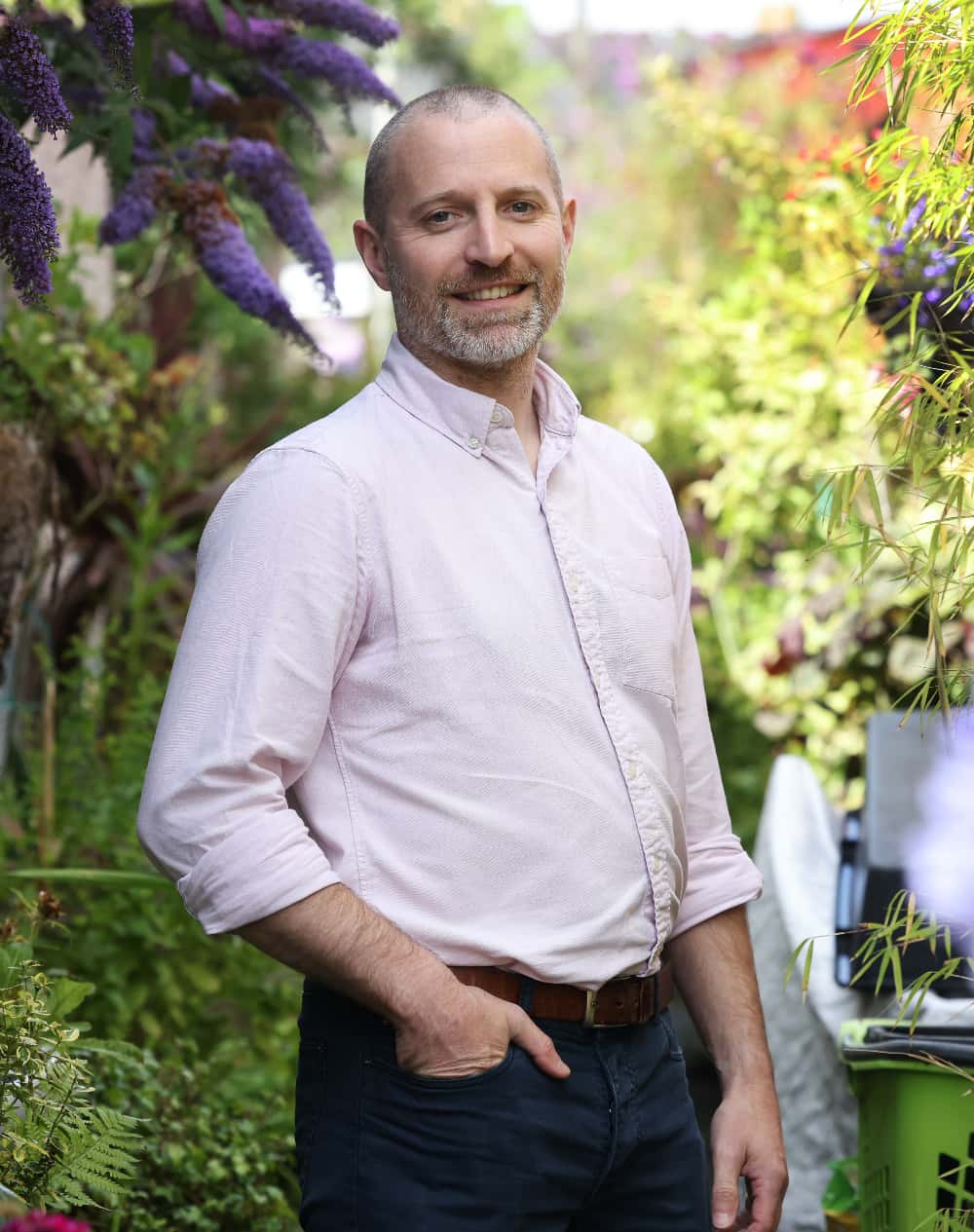
Richard Dunning
Richard Dunning is the Research Director for Planning at Liverpool a co-Editor-in-Chief of the Housing & Society journal. His own work focusses on the interface of housing delivery and planning. Drawing from behavioural economics, his research focuses on explaining human decision making in the built environment. Richard's research frequently considers calculations of housing need; the relationship between public outcomes and land value capture; and cycling infrastructures. His work has been funded by multiple research councils, as well as governments (national and local) and charities.
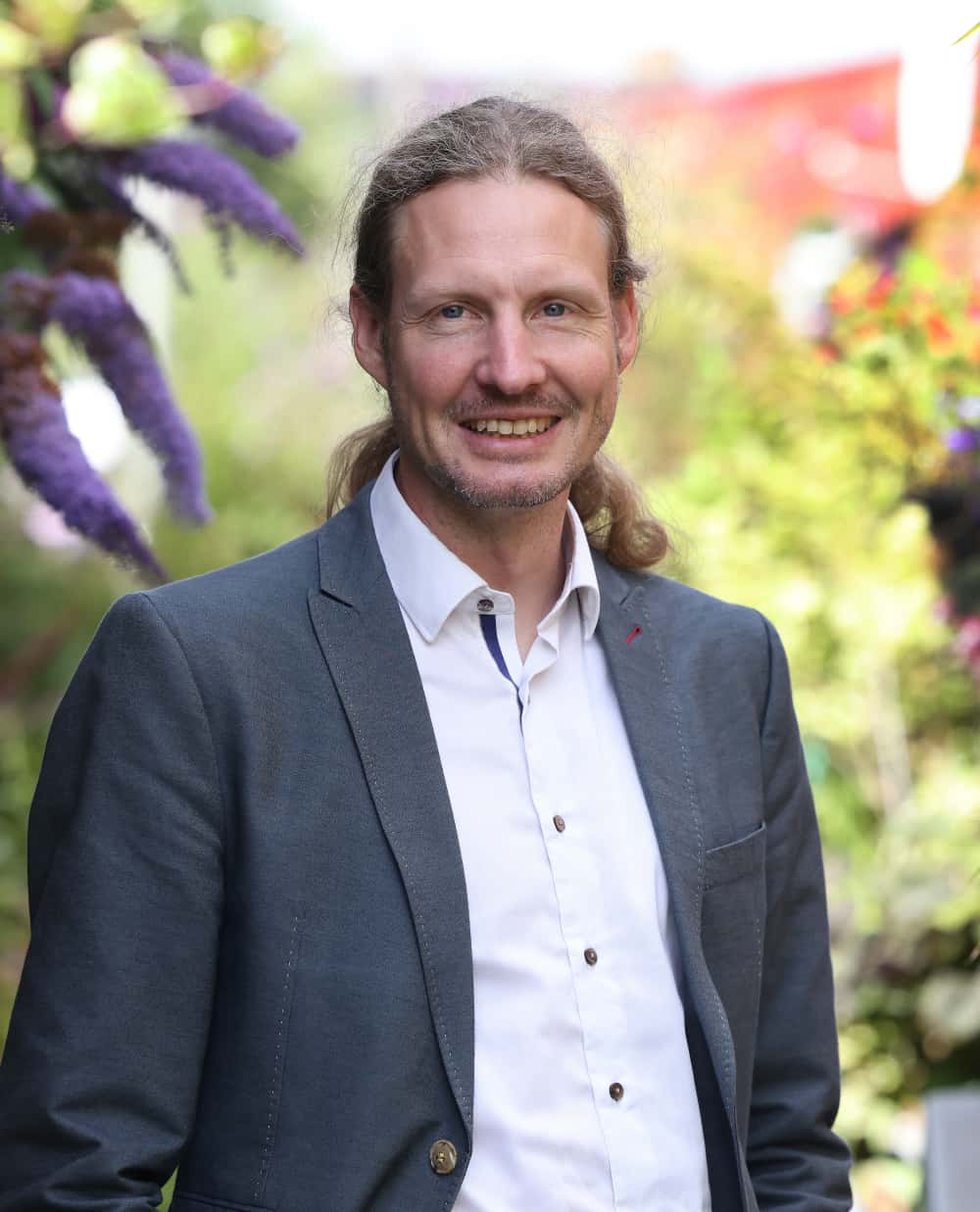
Sebastian Dembski
Sebastian Dembski is the Director of Teaching Quality in the School of Environmental Sciences at Liverpool. He works on planning issues of urban transformation in city regions from an institutional perspective. He is interested in the relationship between symbolic communication in planning process and its underlying institutional patterns. He also works on the relationship between governance and law in complex urban planning projects of sustainable urban development. His teaching interests are on research design, strategic plans and projects from an international perspective, urban and planning theory and planning systems.
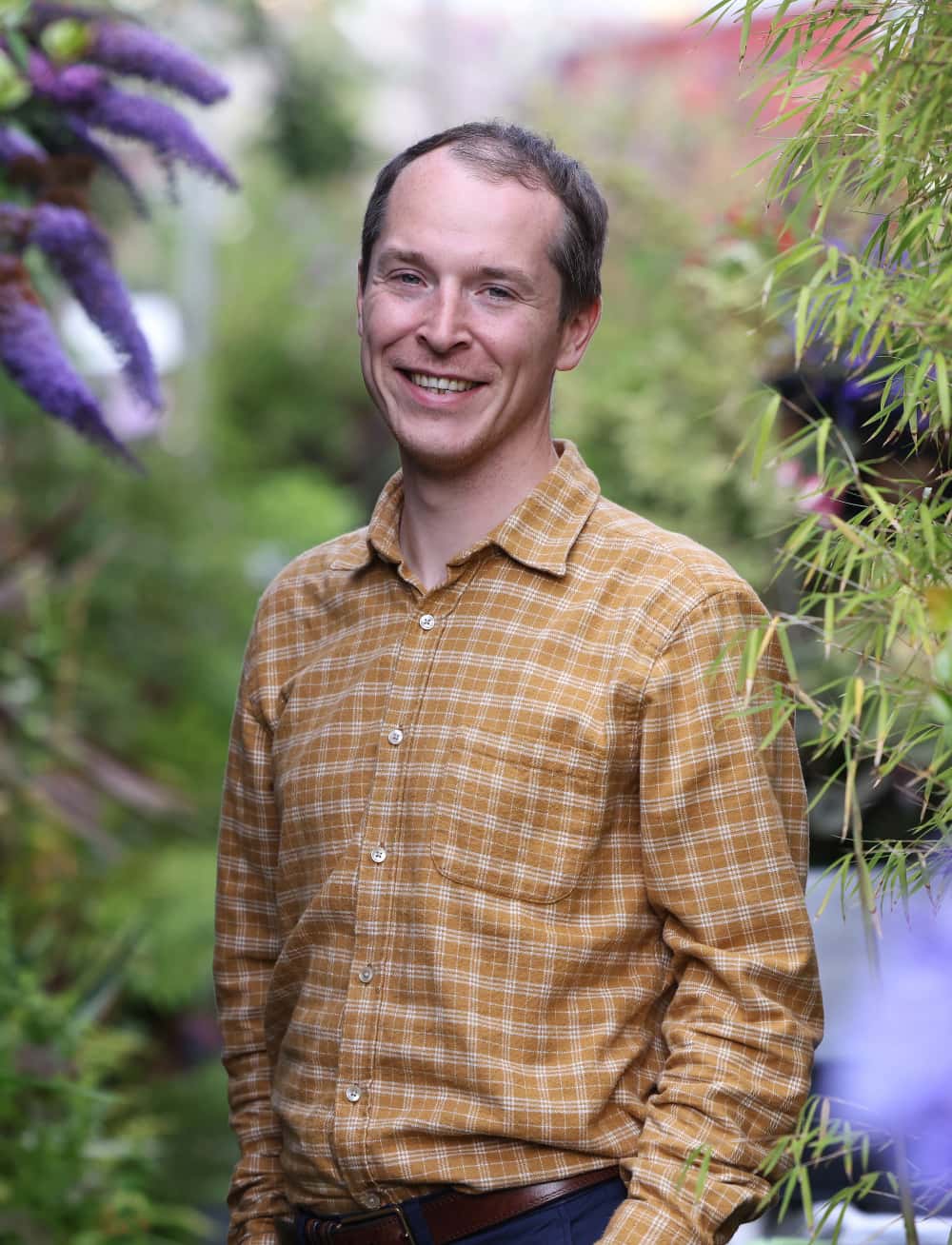
Tom Moore
Tom Moore Programme Director for the MA Housing & Community Planning at the University of Liverpool and a co-Editor-in-Chief of the Housing & Society journal. His principal research interests are in housing policy and practice and community planning, with a particular interest in the ways in which citizens participate in and influence the planning system. He is also interested in issues of social and spatial equity and justice and these are mediated by housing interventions. He has conducted long term research on forms of community-led housing and community land trusts.
